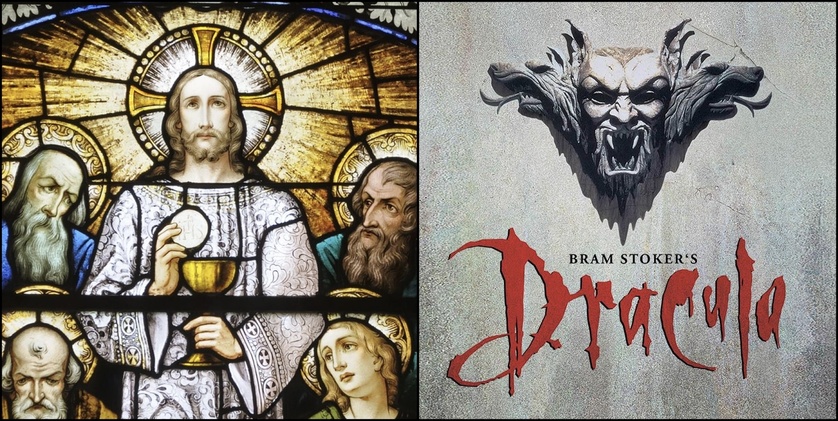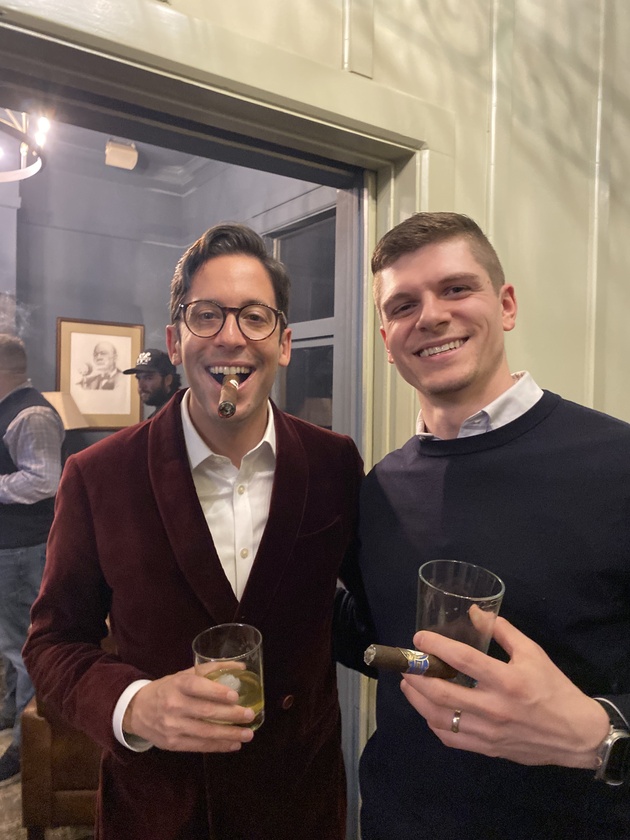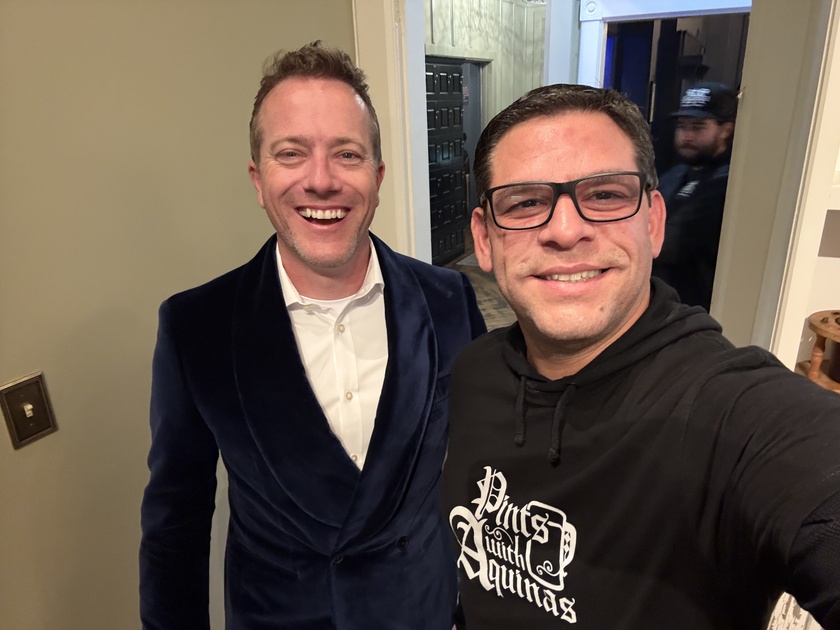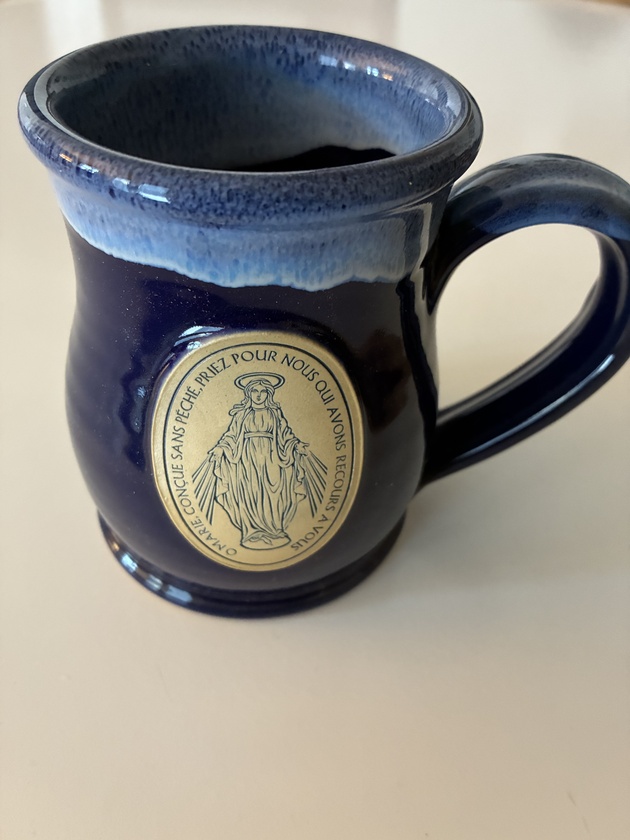Pop-Cultured Catholic #13: Christ’s Resurrection and the Holy Eucharist Versus Western Vampire Imagery
For the month of October, I have planned to make my next few posts in this series be Halloween-themed, culminating in a post topic that would emulate the very transition from Halloween to All Saints/Souls Day.
To begin this post, I would like to recite a famous and thematically relevant quote from J.R.R. Tolkien’s Return of the King: “The Shadow that bred them (the orcs) can only mock, it cannot make: not real new things of its own”. Often times, the sentiment behind this Lord of the Rings quote and Tolkien’s Catholic philosophy on evil is paraphrased into these words: “Evil cannot create anything new, they can only corrupt and ruin what good forces have invented or made”. Since all of creation at its core is made by God, everything in existence is good at its core when in its proper state. Evil things can only exist as a distortion, mockery, privation, or misuse of the things God has brought into creation.
By extension, the holier something is, the greater the defilement there is in twisting it. Per Catholic theology, two of the God’s greatest gifts to us are the Holy Eucharist and the promise of resurrection, once God brings about the new Heaven and Earth. Therefore, if one wants to put forth an ideal monster to symbolize the unholy evil of Sin and Satan, an easy approach would be to choose a monster whose imagery reflects a mockery of gifts like those. One such folk tale monster has become particularly famous across European cultures and Gothic horror fiction.
I have seen various interpretations that the Western vampire has uniquely resonated with people, as a symbol of evil, in-part due to its very nature being an inversion of Christ’s resurrection and the Holy Eucharist. When a vampire rises again from its tomb, it is seemingly able to “live” forever. But it exists in a tormented limbo between life and death, as an undead husk of its former self which shuns the daylight. In essence, a vampire’s brand of “immortality” is a taste of how a soul in eternal damnation might feel, desiring to shun the light of Heaven forever. And to sustain this existence, the vampire archetype needs to endlessly take the life from other people in a predatory or parasitic manner. In Eastern folklore, vampires (or “jiāngshī”) drain their victims’ life in forms like “Qi” energy, as depicted in some pop-culture works like the “Jackie Chan Adventures” cartoon. In contrast, the Western vampire gains life force from drinking victims’ blood.
Now, I shall contrast the Western vampire’s two most defining features with Christianity's holy imagery, starting with the Resurrection. One common “outside joke” I have come across involves likening the resurrected Jesus to a vampire, zombie, or other undead monster. However, while being undead is to be trapped between life and death in a husk of one’s former body, Jesus has resurrected in a glorified body. Said glorified body is not only fully living, but also more alive, radiant, and transcendent than it was before. When the resurrected Jesus appeared before the apostles, he is said to have been able to walk through walls, apparently above the normal physical confines of time and space. Yet, he also invited the disciples to touch the marks of his wounds and ate some fish with them, showing that he was not a mere disembodied ghost. This is a promise of the Resurrection the rest of humanity will experience in the end, for the body is just as much a part of the full person as one’s soul, contrary to philosophies like Gnosticism.
Secondly, despite the superficial similarities, there is a lot to contrast between the blood-drinking habits of a Western vampire versus the act of eating and drinking Christ’s flesh and blood through the Holy Eucharist. When Christ makes this declaration and continuously doubles down on it in John 6:48-71, many are shocked, confused, and ready to leave. Outwardly, such visceral language evokes the image of cannibalism, and Leviticus 17:10 outlines a Jewish law of ritual cleanliness forbidding the consumption of blood. Roman pagans used this association to further inflame persecutions against early Christians. Similar to the Western vampires’ habit of blood-drinking, there are other undead/demonic monsters from legend which reflect the taboo of eating human flesh, such as the ghouls of Arabian folklore and the wendigos of Native American folklore. But while those monsters need to infinitely take other people’s blood or flesh just to sustain their own self-serving existence, the Eucharist involves Christ infinitely giving his own transubstantiated flesh and blood as spiritual nourishment for people. Unlike cannibalism, Jesus making a bodily gift of self through the Eucharist does not require acts of butchery. Jesus was able to offer it at the Last Supper before Calvary, and every offering of the Eucharist at Mass taps into the graces poured out from Christ’s one and only self-sacrifice on the cross, without Jesus being crucified again. Finally, cannibalism implies the consumption of normal human flesh that is dead or dying, whereas consumption of the Eucharist involves the receiving of forever-living flesh that is more alive, glorified, and transcendent than any normal person’s. Elements like these make the Eucharist an antithesis to a vampire’s thirst, to the point that Bram Stoker’s “Dracula” novel even portrays a consecrated host being able to burn a vampire with its touch.
There are other elements of a vampire’s behavior and means of spreading its curse in folklore and pop-culture, which evoke imagery of various other sacrileges and sins. Though, describing them in detail would make this post even longer. Also, the Gothic horror vampire’s common aversion to crosses, holy water, prayers, etc. wielded with sufficient faith further cements its common symbolism, as an antichrist figure and personification of sinful corruption.
To end this post, I would like to share some extra trivia I came across, as well as Jonathan Roumie’s speech at the National Eucharistic Congress…
1.) Contrary to popular intuitions, Bram Stoker apparently did not intend the villain in his 1897 “Dracula” novel to be the historical Vlad Dracula in-universe. When researching Romanian folklore to base his Transylvanian vampire villain off of, Stoker reportedly came across the name Dracula in a public library, meaning “Son of the Dragon”. Due to one of Satan’s titles also being “The Dragon”, Romanians sometimes used “drac” interchangeably for both “dragon” and “devil”. Observing that Dracula could just as easily be translated as “Son of the Devil”, Stoker found it a fitting name for what would become pop-culture's most famous vampire. Although he did not intend the connection to go any deeper than that, other coincidences increased people’s associations between the fictional Count Dracula of Transylvania and the historical Vlad Dracula of Wallachia. For example, Vlad the Impaler’s reputation for brutality was later surrounded by legends that he drank his enemies’ blood, was a vampire himself, and so on.
2.) In Bram Stoker’s original mythos, sunlight does not directly harm Count Dracula, but merely nullifies his demonic powers, rendering him just as weak and vulnerable as a normal human. This is the main reason Dracula shuns the daylight in his novel. The trope of vampires being outright burned by sunlight was popularized in the German 1922 silent film, “Nosferatu”. That film originally started out as an adaptation of Bram Stoker’s “Dracula”, until the filmmaker attempted to set it apart from Stoker’s story after failing to get the novel rights from Stoker's widow.
3.) Several times throughout history, there have been some reports of miracles, in which the Communion bread and wine visibly became flesh and blood. One such example is the Miracle of Lanciano in Italy. It is said that, in 750 A.D., a priest was feeling doubts about the real presence of Christ in the Eucharist, until he and the congregation witnessed it visibly transubstantiating into flesh and blood. The alleged relics have been held onto for centuries, and in the twentieth century, multiple scientists were commissioned to separately examine them. They made corroborating claims that their examinations found the alleged relics to have the outward properties of fresh heart tissue and blood.
4.) "Jonathan Roumie's Full Speech at the National Eucharistic Congress":
https://www.youtube.com/watch?v=H7iZEOxAWoE































